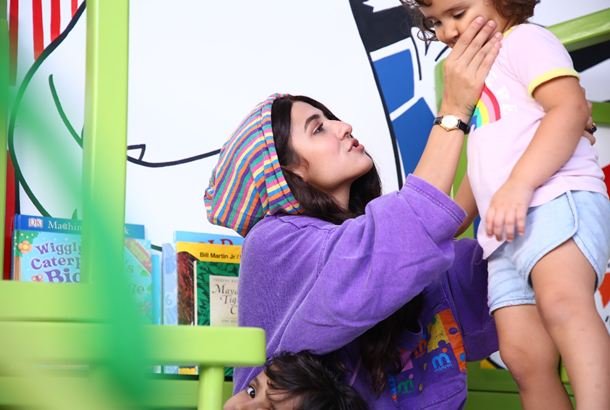Toy Crisis in Pakistan
Yes, you have read it right. We have a toy crisis in Pakistan and certainly, it won’t go away if we continue to deny it or label it trivial. Toy crises doesn’t mean that our country has run out of toys altogether, rather it’s the quality that needs to be questioned.
Parents in Pakistan generally appear more concerned about their children’s education, diet, their sleeping routine, their clothes, the shows they are watching on tv, the books they are reading, etc. Toys are usually the last thing on any parent’s mind and they tend to be conveniently ignored for some strange reason. Children also receive toys as presents from family and friends. Hardly do we see anyone giving a second thought about the impact a toy makes on a child’s personality.
Our kids spend hours playing with their toys. They’re not only an important part of a child’s life but also influences learning and shaping a child’s perspective. So why aren’t we as concerned or particular about toys? Bigger question: Is every toy really suitable for a child? The answer is No!
Good Toys vs Bad Toys
If you are a parent reading this article, I would highly recommend a visit to the toy market after watching Sofia Bilgrami’s video on Good Toys vs Bad Toys. I am certain that you will be slightly jolted after you realize that we might have surrounded our children with low-quality products from China or rejected material from the assembly line of high-end brands.
Watch Sofia Bilgrami’s video on Good Toys vs Bad Toys
STOIS CEO Sofia Bilgrami, an expert on the subject, believes that there is a fine distinction between a good and bad toy, “Toys should be given to the children which are made in light of three broad principles: Inspire active play, safe and well-made, and should contribute to the child’s physical, mental, social and emotional skills by challenging him/her to do think or feel.” She further elaborated examples of good toys that thankfully are available in the Pakistani toy market, “playdoh, LEGO, connect-a-fort are some examples of good toys as they’ve not only stood the test of time but also evolved as per the day’s requirement over the years.”
Bilgrami added that any toy that does all the work, doesn’t lend itself to more than one use and loses its appeal after the first half an hour isn’t the best bet. “We are sadly handing over low-quality products to our children to spend hours with. Neither they are inspiring active play nor safe and have no role in contributing to child’s physical and mental well-being,” she added.

The first step for resolving an issue is to acknowledge its presence. I personally believe its about time that the state and the society accept the presence of the crisis and rather than considering it a non-issue take the corrective measures. One cannot deny the impact a toy has on a child’s social development.
Parents and those who choose give toys as presents need to be more aware of STOIS’s Toy Principle when making a purchase. It’s very important to not give anything available to children just to keep them engaged. As Sofia keeps mentioning, play is not JUST play, in reality, play and learning are intertwined.


Sundus Anwar believes in the power of clear, straightforward writing. Her blog posts tackle everyday topics with relatable insights and easy-to-follow advice. With a conversational style, she makes complex subjects feel understandable. She’s dedicated to sharing knowledge and empowering readers to take action. Find her latest posts on trending in social.











